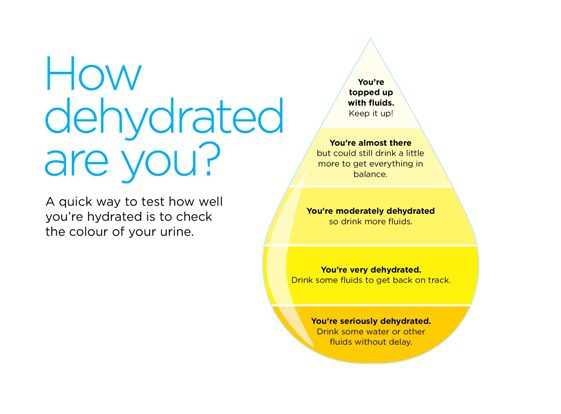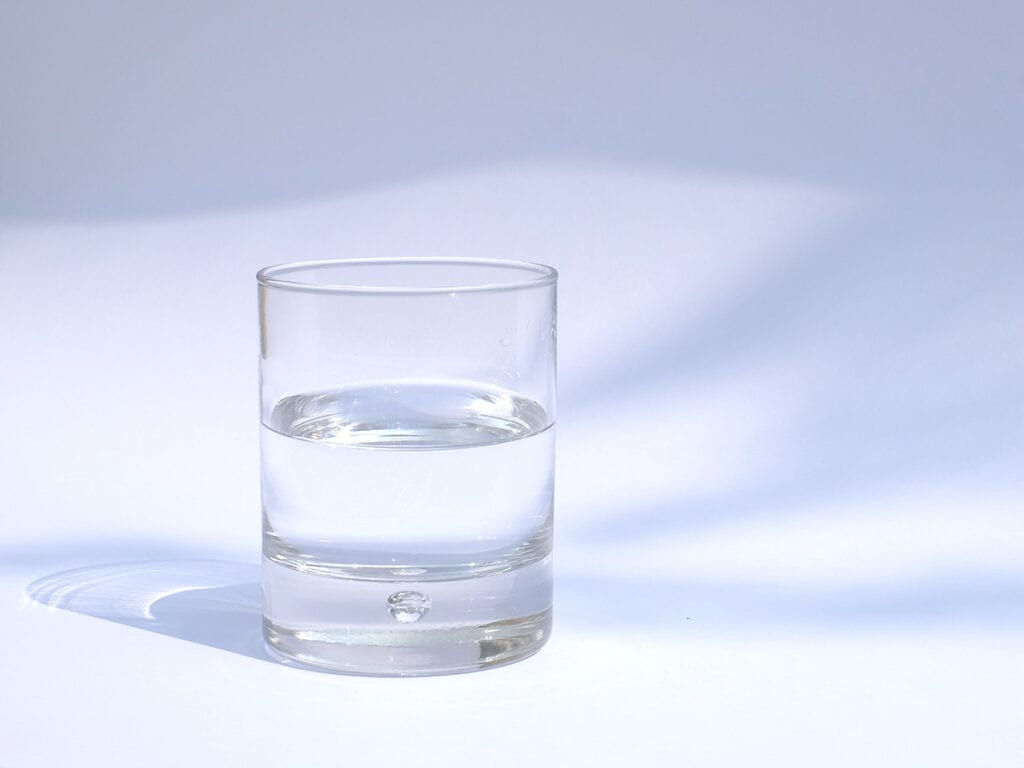We all know we should drink plenty of water every day, but do we really know why and how much is enough?
Hydration
Water and staying hydrated (“having absorbed enough water or other liquid”) is crucial to being healthy and maintaining every system in the human body. Our body uses water in all its cells, organs and tissues, in fact 60% of the human body is water.
The chart below gives the highest to the lowest percentages of water found in various parts of our bodies:
| Body part | Water percentage |
|---|---|
| Brain | 80–85% |
| Kidneys | 80–85% |
| Heart | 75–80% |
| Lungs | 75–80% |
| Muscles | 70–75% |
| Liver | 70–75% |
| Skin | 70–75% |
| Blood | 50% |
| Bones | 20–25% |
| Teeth | 8–10% |
Water aids the removal of waste products in urine, transports nutrients, controls temperature, lubricates joints and makes your skin look good too. When there is not enough water in our body, we can quickly become dehydrated.
DEHYDRATION
Anyone can become dehydrated. Some groups are particularly at risk, for example, babies and infants, older people, those with long term health conditions such as diabetes and athletes.
Signs of dehydration include:
- Dry mouth
- Weakness
- Low blood pressure
- Dizziness
- Confusion
- Tiredness
- Urinary Tract Infections (UTIs)
- Headaches
- Constipation
- Kidney stones
- Darker than usual urine

To avoid dehydration, you need to drink lots of water. Around 2-2.5 litres a day is recommended, this varies from person to person.
How much water a human should consume a day depends on a variety of factors:
- Age- older bodies store less water and do not sense thirst as much as when younger so need to drink more than their younger counterparts. Babies and children need less water than adults.
- Physical activity-the more active you are the more fluid is needed to replace what has been lost.
- Climate and environment-you need to drink more if you are hot, sweating a lot and in a house or office with air conditioning or heating.
- If you are pregnant and/or breast feeding- your body is supporting another human’s fluid needs as well as its own and because of this fluid intake will need to be increased.
The average human body loses more than 2 litres of fluid a day – 1.5 litres when you pee, 200ml in poo, 500ml in sweat- you even lose fluid through breathing and digestion!
Which fluids are best for hydration?
- Water-drinking plain water is without doubt the best way to hydrate. If you find water too bland you can always add fruit such as lemon, lime or cucumber to add flavour.
- Milk-Milk contains approx. 87% water with the added the added benefits of calcium, Vitamin D, phosphorus, potassium, B Vitamins and iodine. Milk is also an excellent source of protein.
- Fruit Juice and Smoothies-fruit juices can contain up to 85% water and contain a variety of vitamins and minerals. Be mindful of the sugar content, added sugar can inhibit hydration.
- Sports drinks-electrolytes (salts) found in sports drinks make hydration more effective. Athletes use sports drinks for fast hydration. As with fruit juices take note of the sugar and carbohydrate content, especially if you are not actually exercising when drinking these.
- Coconut Water-with 95% water content coconut water is a good source of electrolytes (sodium and potassium) and contains less sugar than fruit juices and sports drinks.
- Caffeine free teas-herbal, black, green, chamomile, hot or cold. Caffeine free teas are almost as hydrating as water with the added benefits of antioxidants.
Be mindful of the sugar and carbohydrate content of drinks. Drinks with lots of sugar can cause you to put on weight and increases your chances of developing Type 2 Diabetes.
You should also be careful not to have too many drinks that can dehydrate-some liquids (diuretics) encourage water to leave our body. Such liquids include energy drinks, alcohol, fizzy drinks, tea and coffee. Tea and coffee can be part of your daily fluid intake if you stick to the recommended limits for caffeine each day (4-5 cups) it should not affect how hydrated you are.
To conclude keeping your body hydrated does not have to consist of drinking just water. As well as a range of other drinks you can also eat foods to help with hydration such as fruit, vegetables, soups and stews. We recommended keeping a reusable bottle of water with during the day to remind you to keep drinking and to help monitor how much you have drunk. If you are exercising, drink fluids before, during and after your session and choose a pre- or post-workout fruit juice or protein shake to give your body an extra boost as well as keeping it hydrated.


